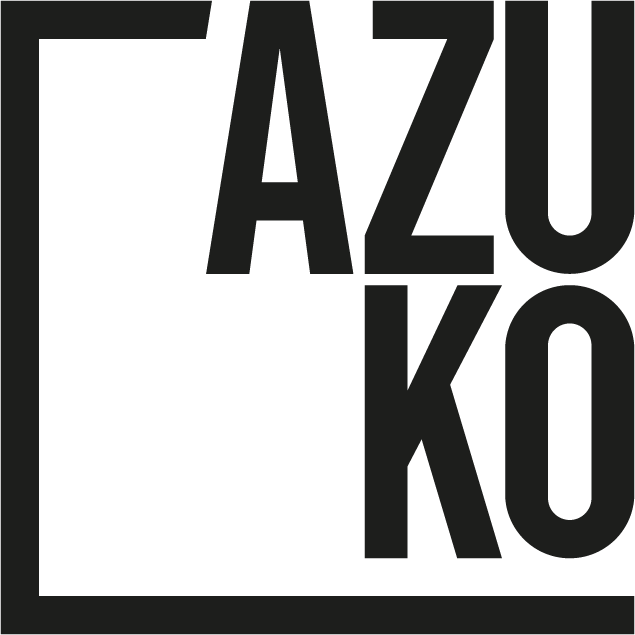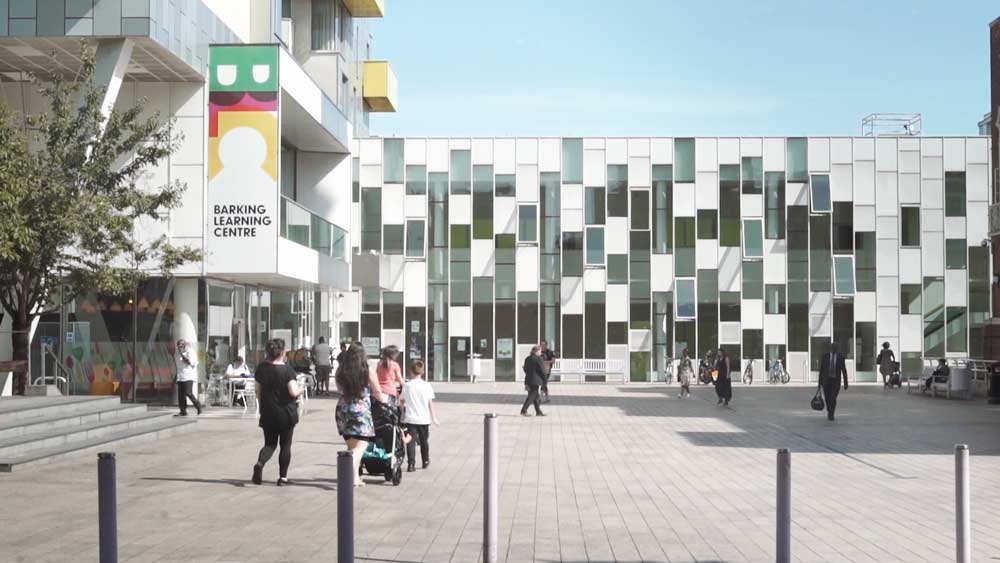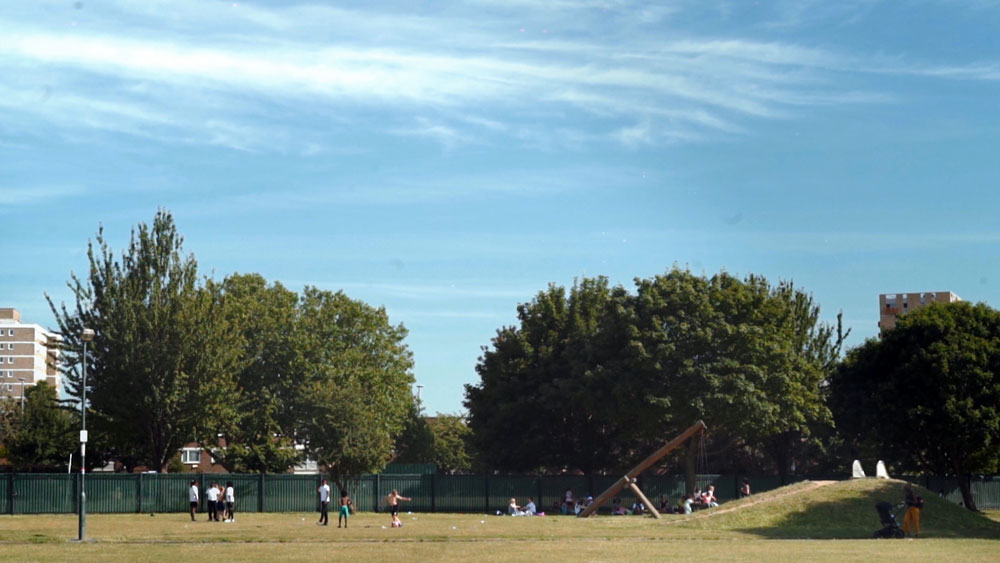Homelessness in London hit record highs towards the end of 2018 – a trend that unfortunately shows no signs of slowing. At AzuKo, we have been working with several partners across the city to combine our human-centred design mindset with a big-data analytics approach to shape solutions to homelessness and other issues affecting our most vulnerable citizens.
Supported by the Paul Hamlyn Foundation and their forward-thinking Ideas & Pioneers Fund, this project launched in Autumn 2017 in partnership with the London Borough of Barking and Dagenham (LBBD).
Led by Pye Nyunt, LBBD’s Insight Hub and Insights and Innovation team were working with data to predict homelessness and drive their service provision. Alongside the LBBD Community Solutions services team headed up by Mark Fowler, this gave us the opportunity to blend our approaches to better serve the Borough’s residents
Visit our project page and read our report
As the project draws to a close, we sat down with Pye and his colleagues Michael Sinclair and Tim Pearse to reflect on the work. Sharing the initial impetus behind the partnership, Pye emphasised that at “Barking and Dagenham, our transformation program is all about making sure that we leave no resident behind… That means bringing residents closer to the design process and ensuring that the council is more participatory, more engaging, and to never assume that we as the local government have always designed the best thing.”
Filling in the gaps: adding stories to the numbers
At AzuKo, the partnership was anchored in the shared belief that placing human experiences at the core of design work, combined with a willingness to reflect, learn and grow leads to effective full picture understanding and responsive, sustainable solutions.
Pye agreed, explaining that “our focus [at LBBD] over the past couple of years has been on the quantitative side of things”.
“But the problem with solely focusing on quantitative data is it doesn’t necessarily tell us people’s life journeys… what we wanted to do was properly understand through a qualitative lens the reasons how people ended up in the situations that they are.”
LBBD Insight and Data Scientist, Michael Sinclair added that the “particular [numerical data] fields that we choose to capture are very good for driving the service and very good for the performance reporting of the service… but it doesn’t allow us to capture the perspective of the resident … or the view of the officer… it’s a very black and white record of what has happened.”
To address this need, we worked with the Community Solutions housing and homelessness service to conduct a workshop to identify collective interests, concerns and questions to ground our research. What followed was several ethnographic exercises with frontline workers, managers and service users, including ten in-depth interviews with residents to gain insight from their perspectives.
Pye strongly supported this approach, arguing that
“Our residents know best; the residents who have lived through those experiences can give us a layer of insight which we typically cannot view on a spreadsheet. Bringing those people into the design process as a blueprint for the wider transformation of the Borough is going to be vital to ensuring we leave no one behind.”
Delving into complexity to tease out solutions
Ultimately our human-centred research presented the complexity of people’s experiences with homelessness. From psychological needs to the physical experience in the service space, these interviews gave colour to the core data.
According to Pye, this work allowed LBBD to “reflect on our own processes and how we've designed them. It has helped us reflect on the type of conversations that we are having with our residents when they are most in need. It has helped us reflect on the protocols, the systems, the technology that we have in place to make sure that it is most suitable for those residents who are most in need.”
Behavioural Science Lead Tim Pearse went on to explain the perspective change this project brought to the team; “it’s too easy to look at services and think, ‘oh, it’s really stretched and we haven’t got any more houses, so we’re stuck, right?’ But I think just getting deeper into the issues and what’s driving behaviour, what’s driving demand can help you think more broadly about the types of solutions.”
Looking to the future and the need for a critical friend
The team at Barking and Dagenham are dedicated to expanding their methodology and using this project as a blueprint for future works around other challenges such as debt and unemployment.
Looking to the future, Pye underlined that “local government has spent a lot of time designing services only to have defended what they've previously designed, and we've invested a lot of time doing that.”
“Our engagement with AzuKo has helped us to understand how we can design better initially using a participatory approach and bringing the human into that design process.”
He concluded that what is really important “is not that an external organisation is going to consistently praise us… [but that it] embeds itself deeply into understanding our residents and can equally challenge our own behaviours. And whilst we have done some incredibly positive things across the Borough for residents, there is always opportunities to improve. Working with AzuKo has been brilliant because they've been a critical friend of ours and that has helped us highlight new techniques that we can scale and deploy ourselves.”
At AzuKo, we’re excited to follow the progress of the LBBD teams. The success of this project has been rooted in their consistent willingness to ask difficult questions, reflect on challenging hypotheses and test current models of working. As a team that thrives on active, inclusive participation and continuous learning, this is the ultimate compliment and deepens our belief that given the right opportunities, people ultimately hold many of answers to the challenges they face.
If you’re looking to add human-centred insights to your current work please get in touch and we can explore how AzuKo can help further your aims.
Author: N. Ardaiz




